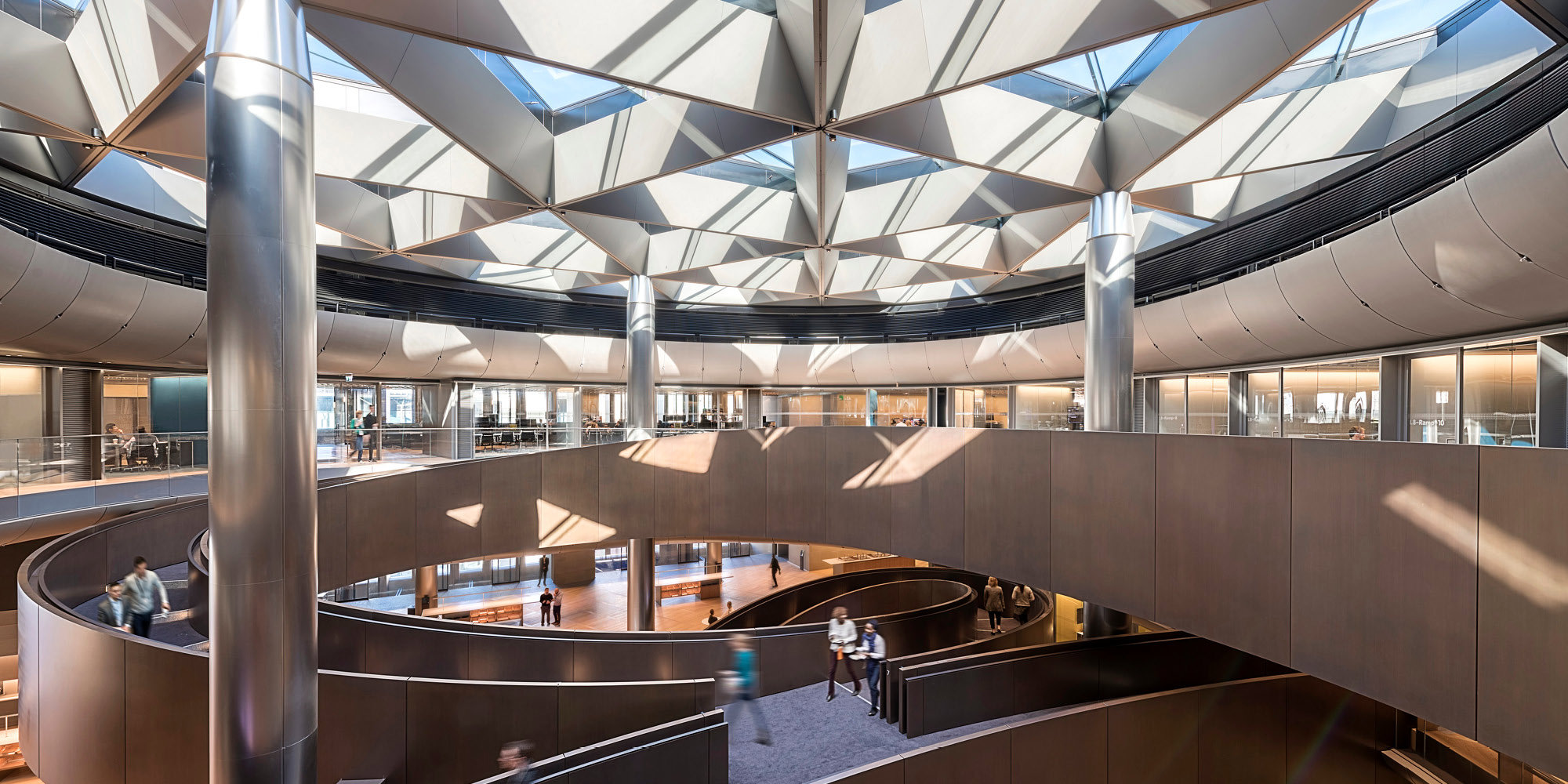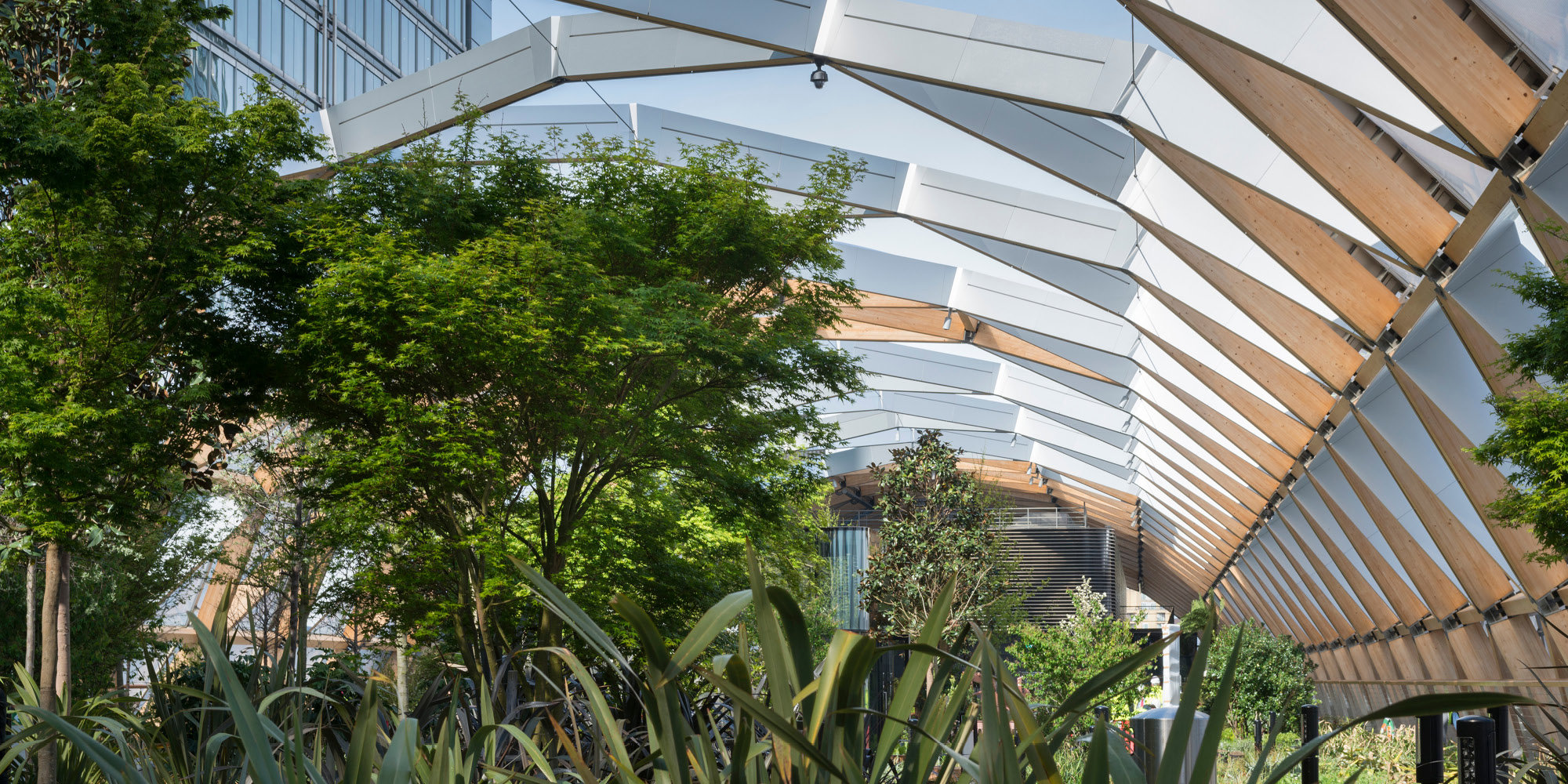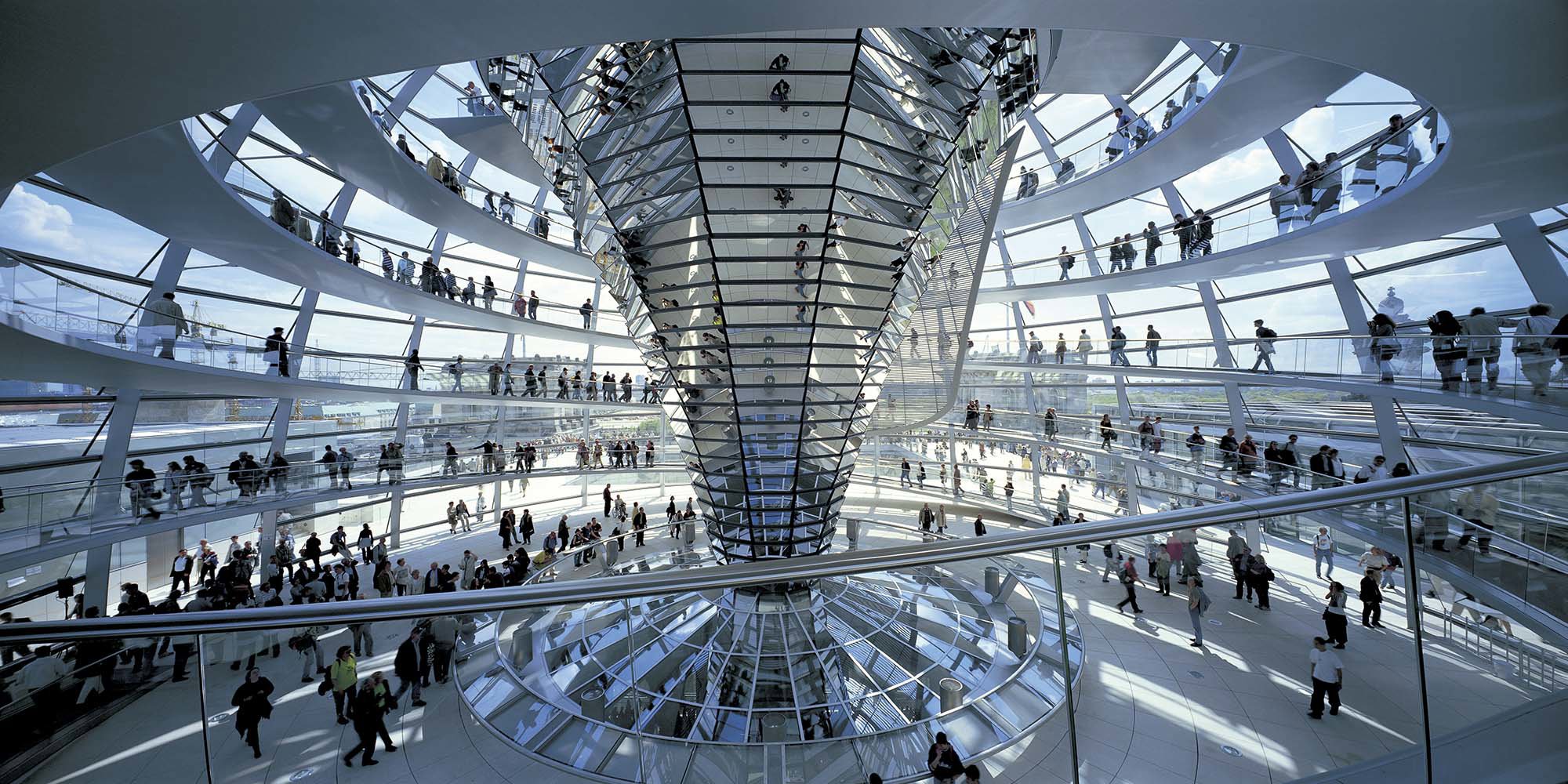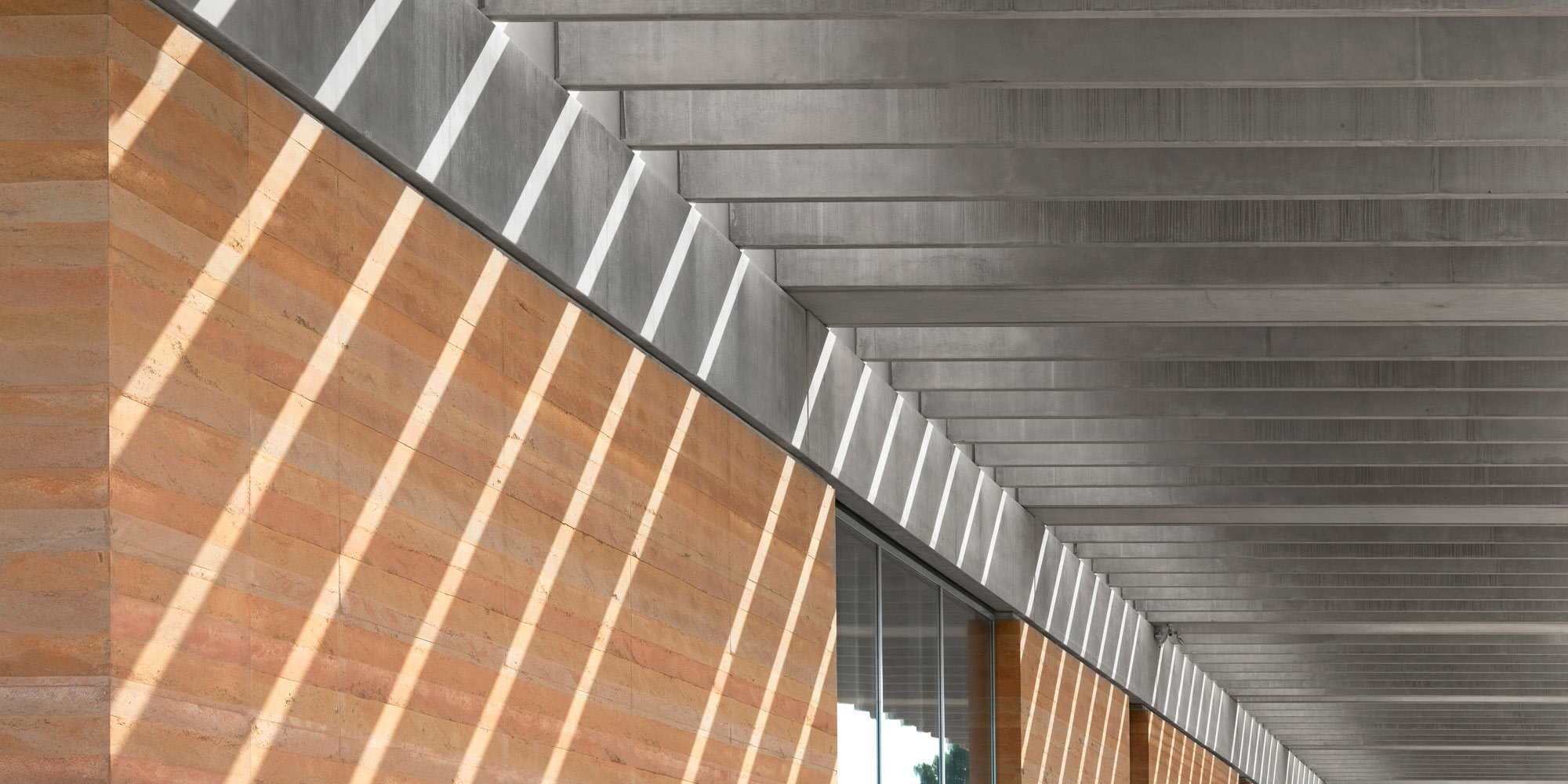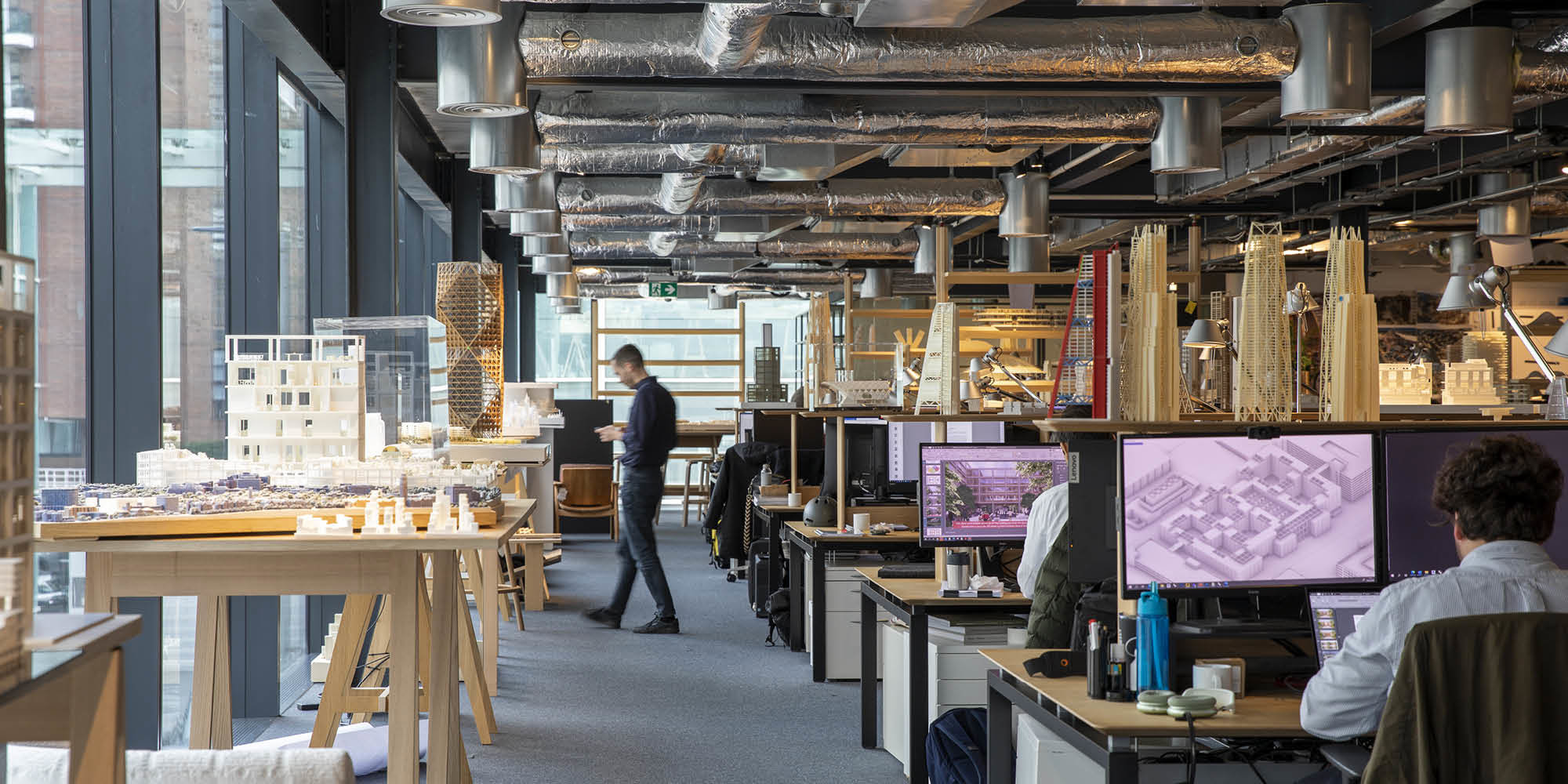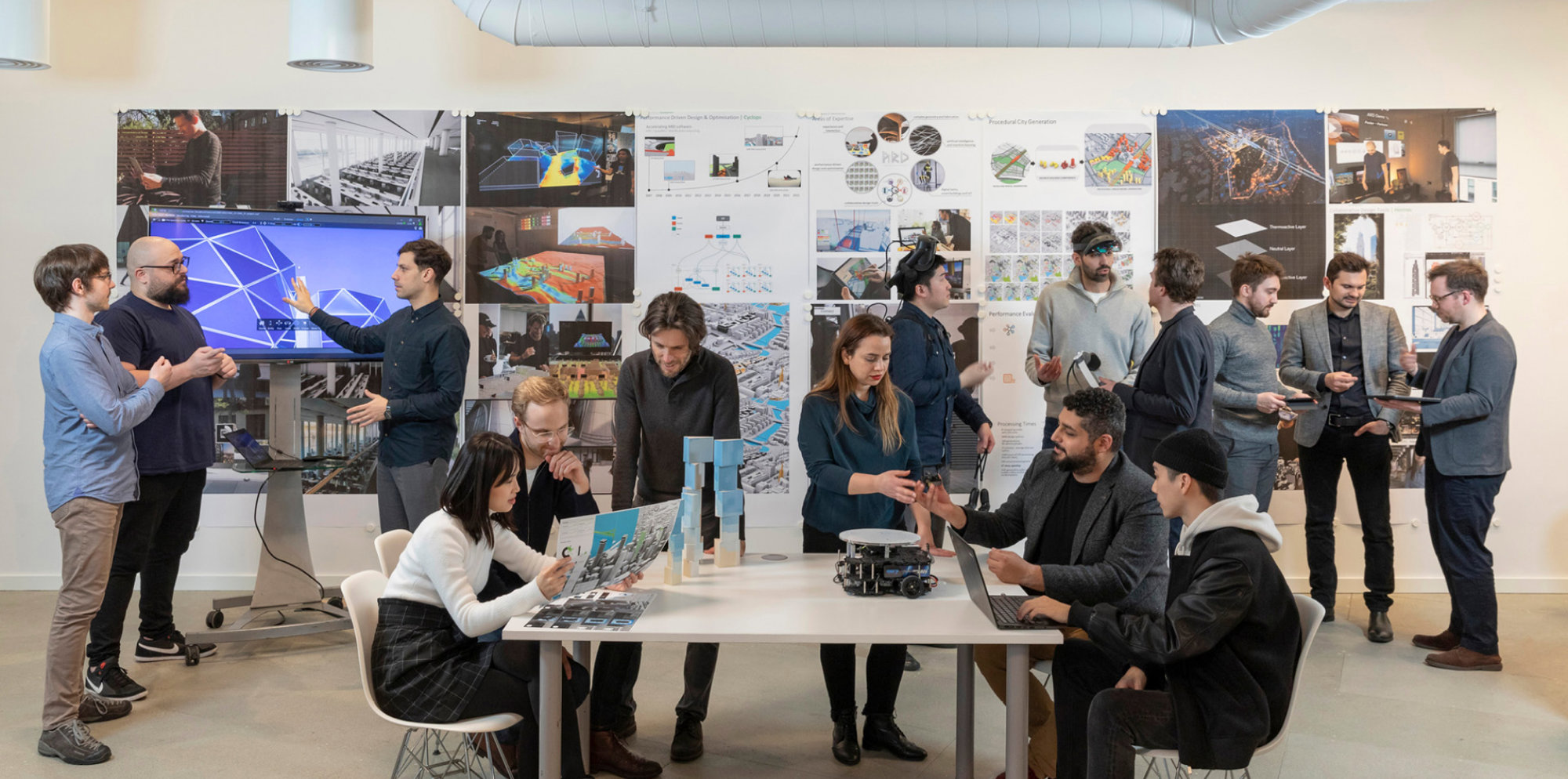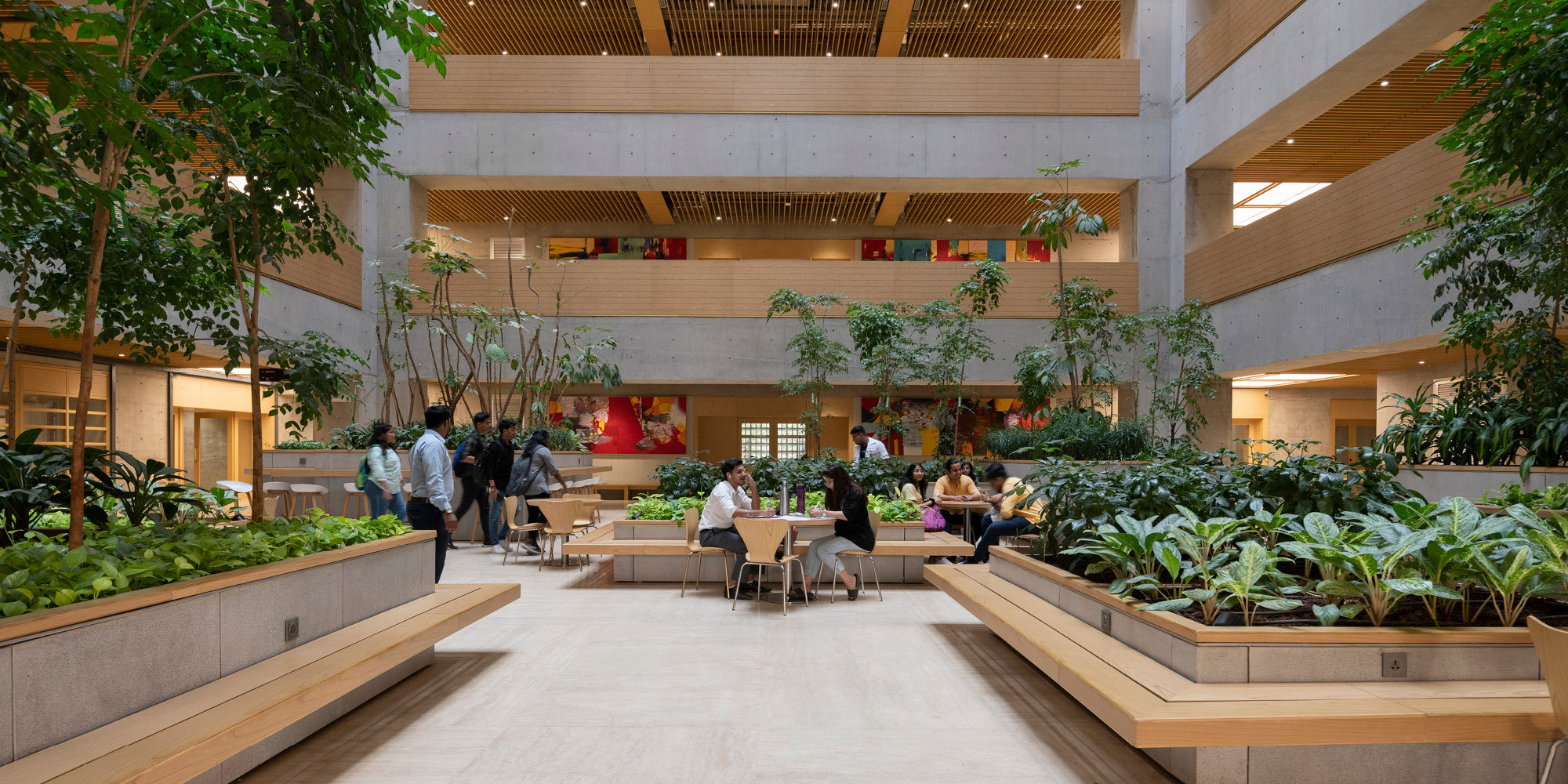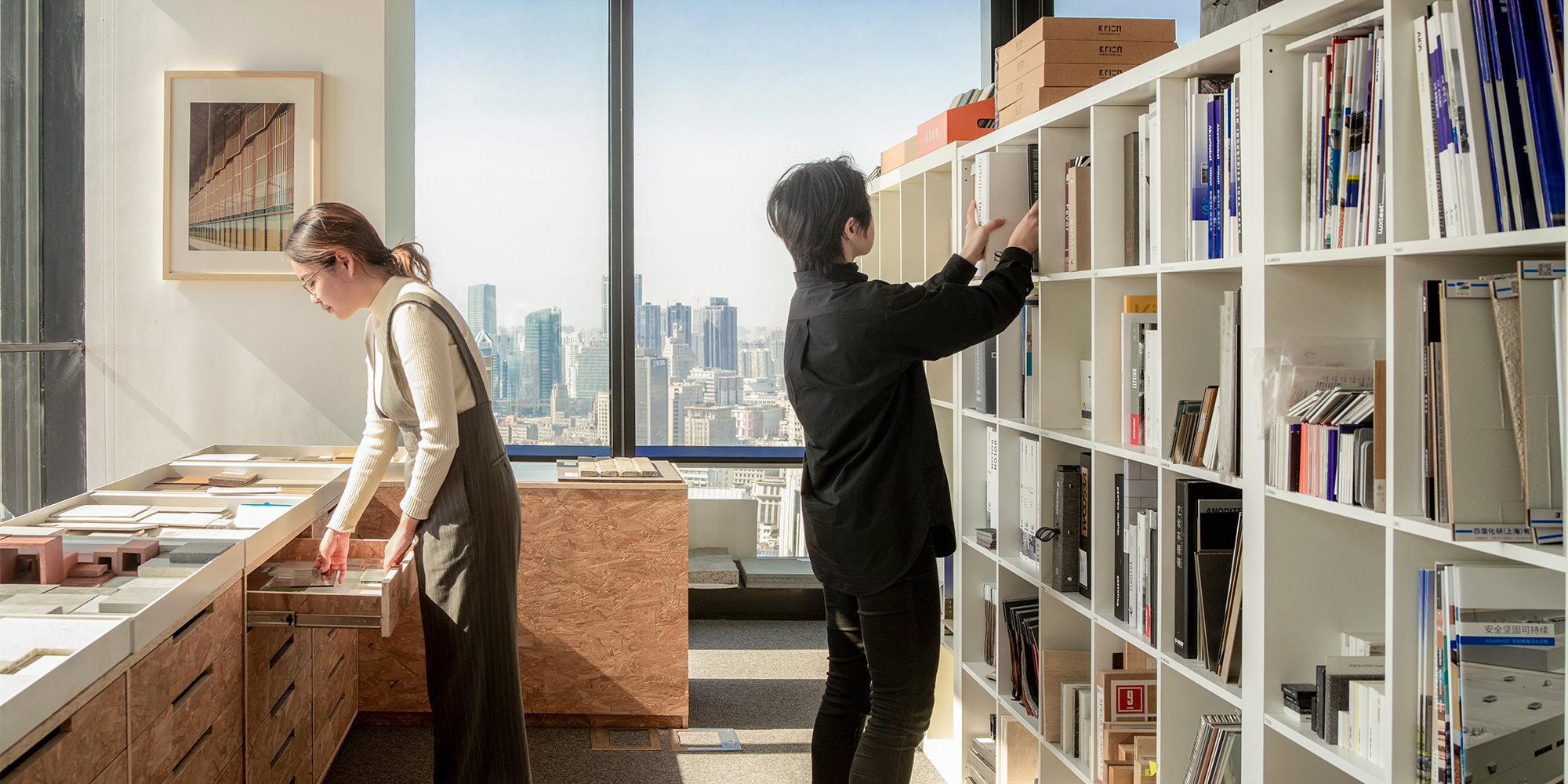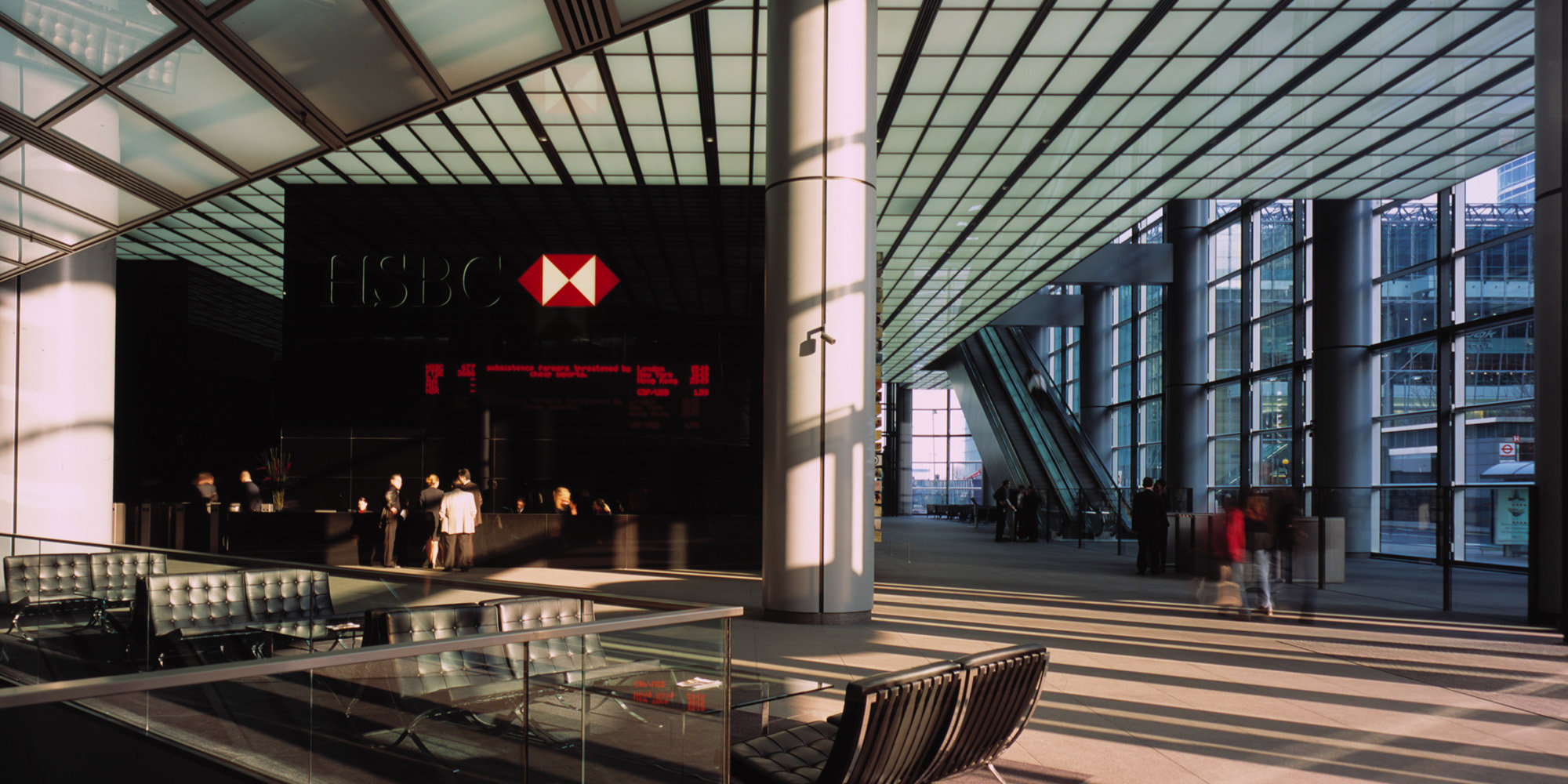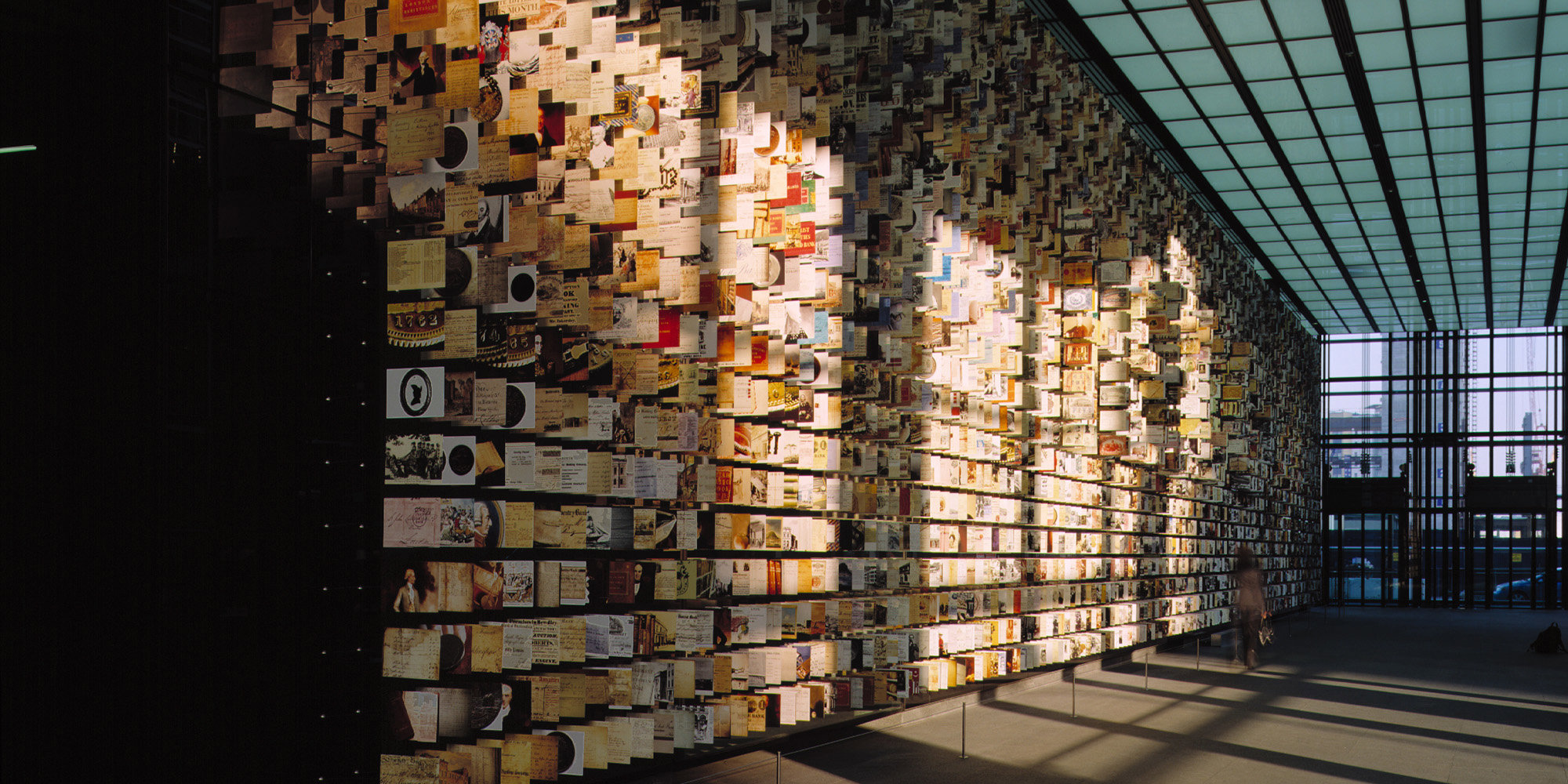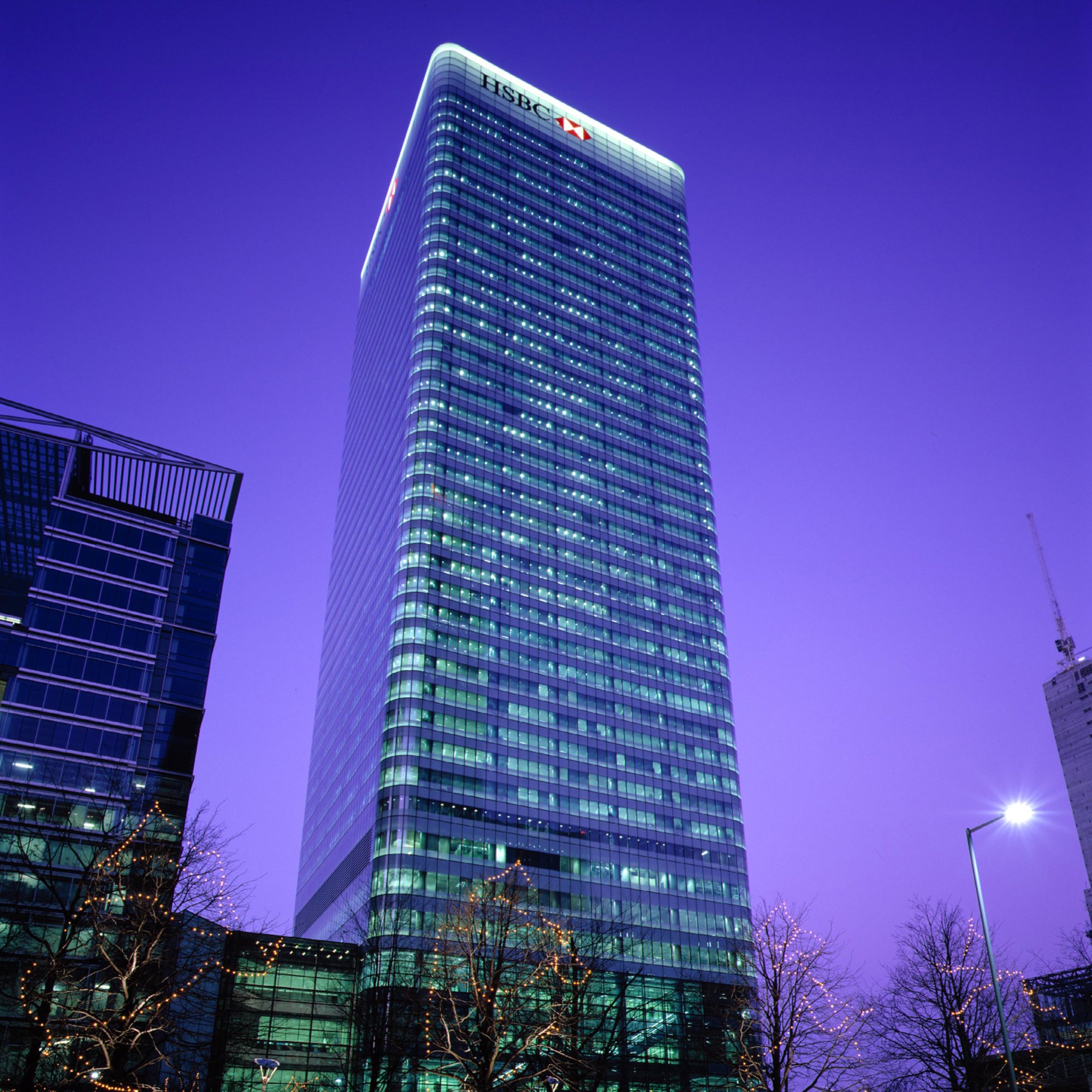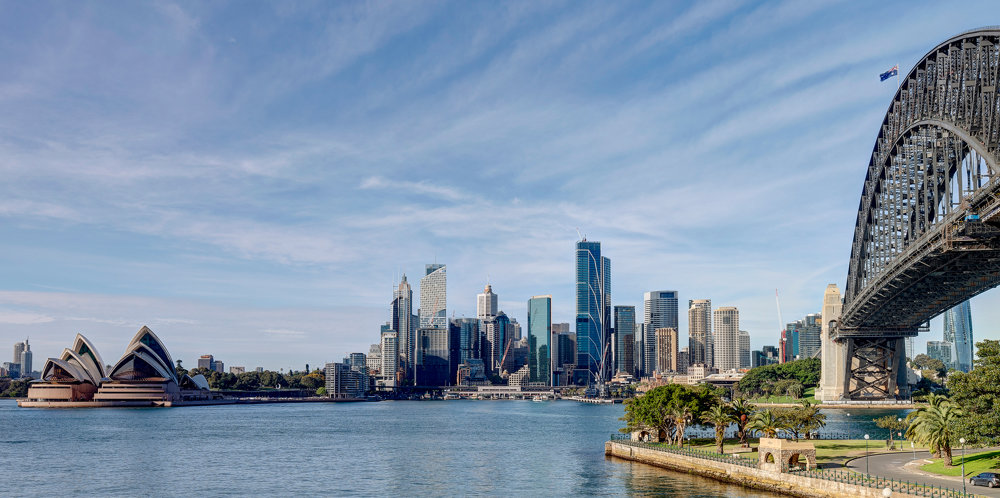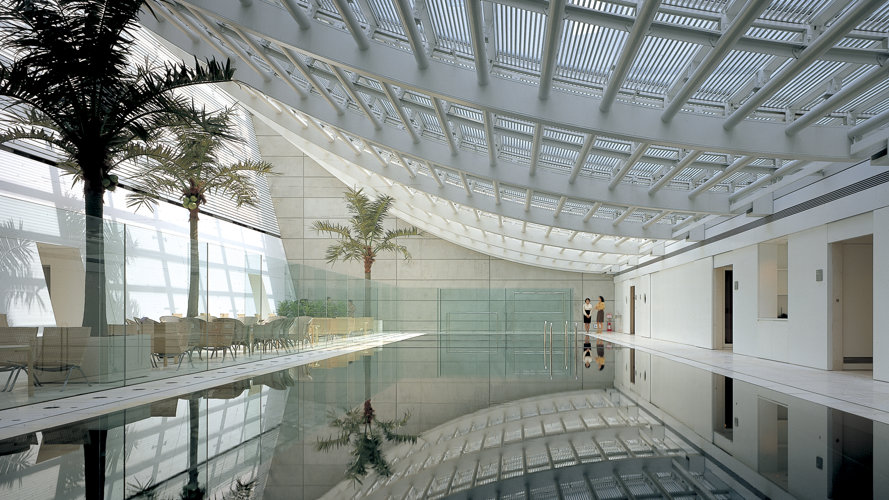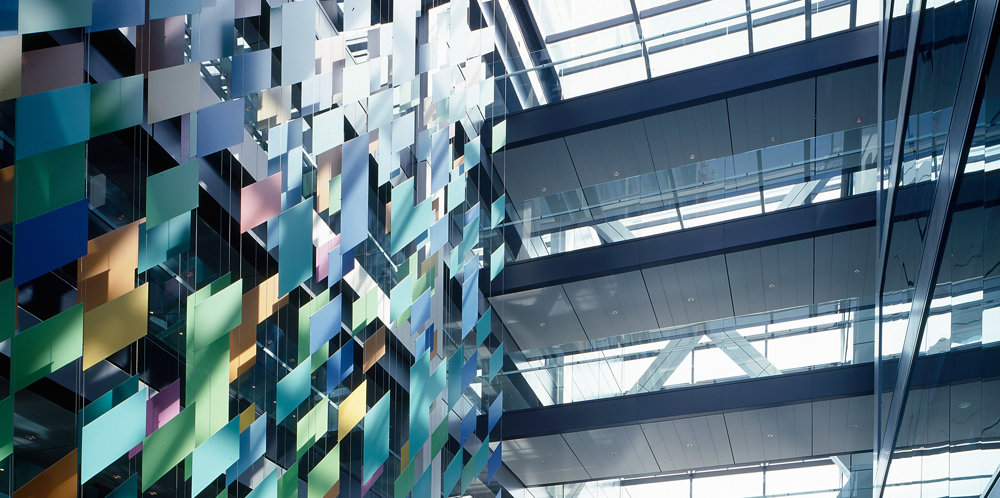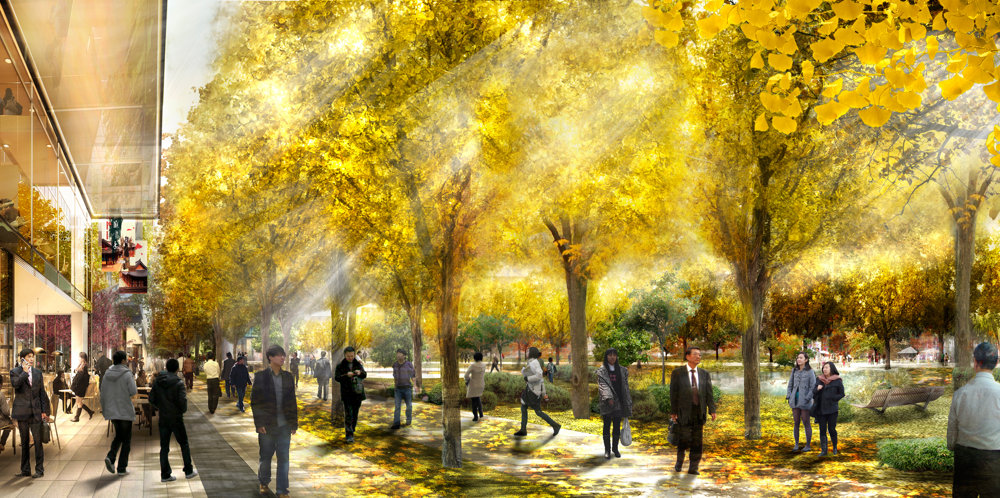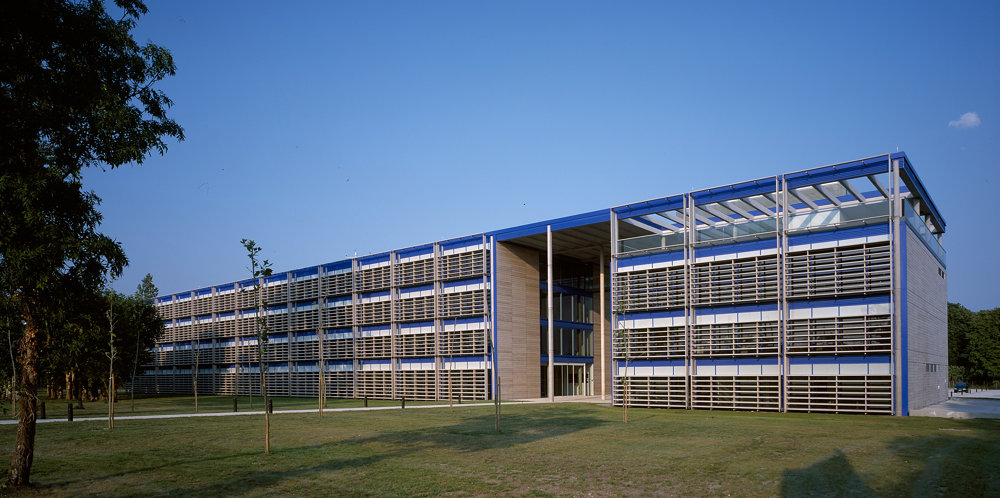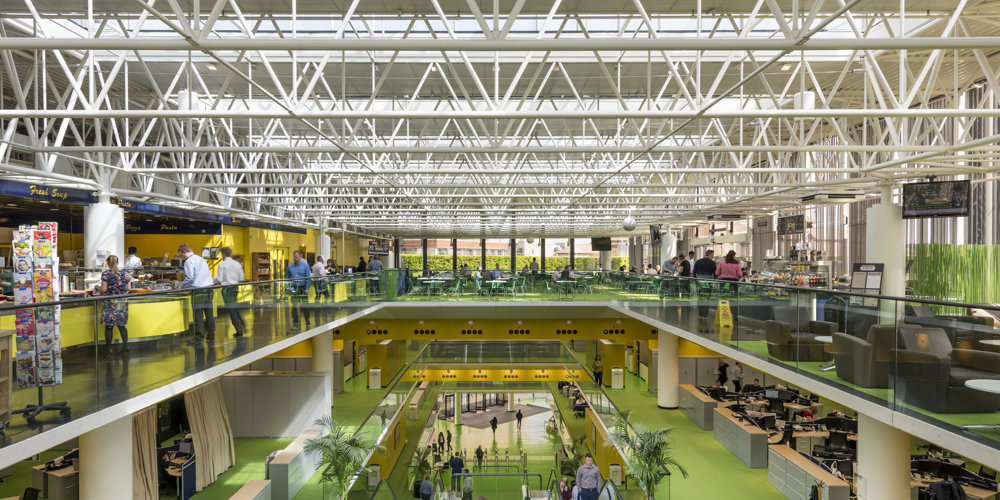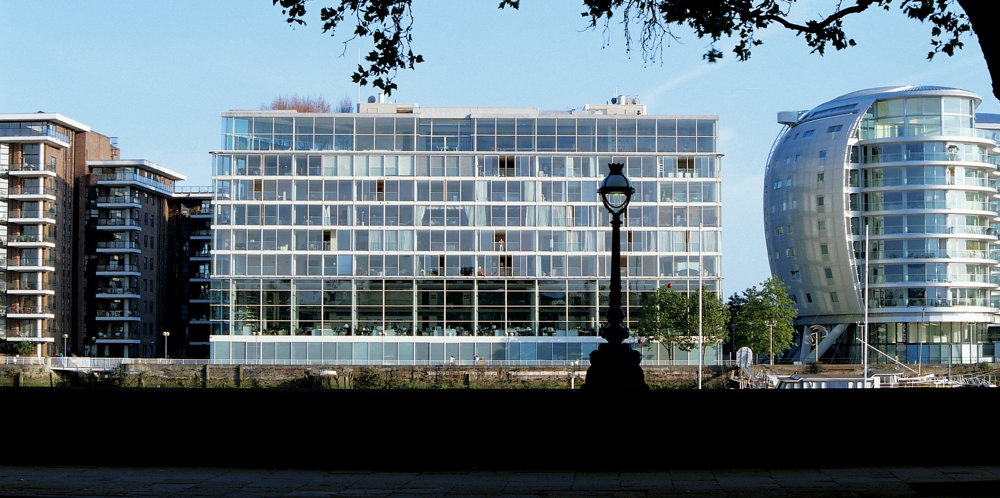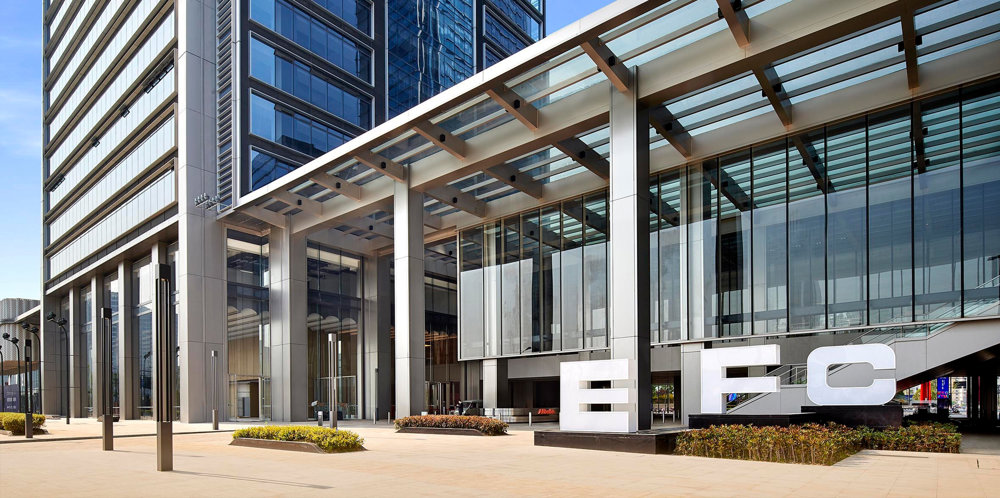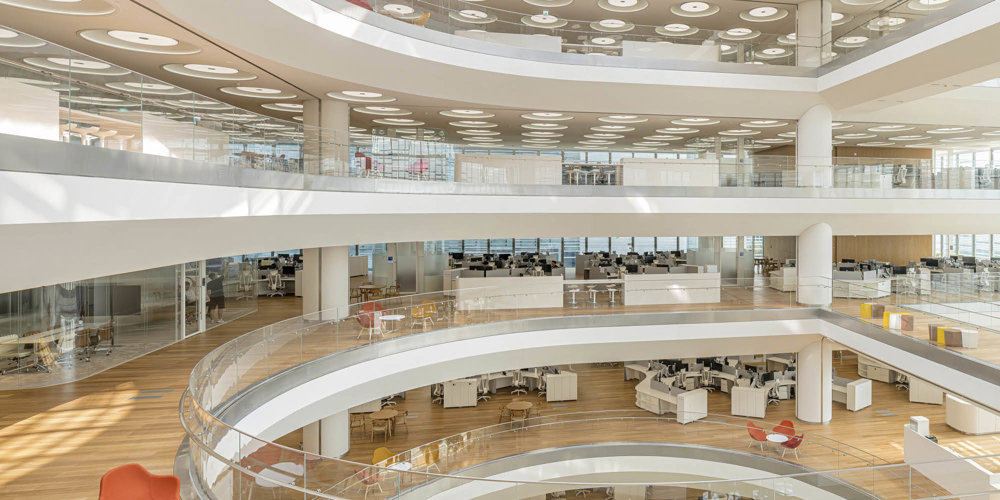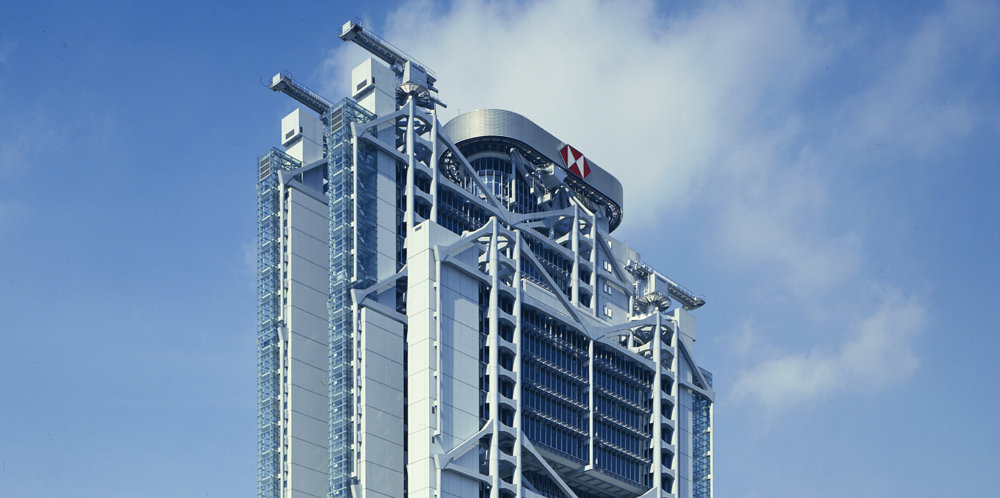In 1979 the Hongkong and Shanghai Bank (HSBC) presented a brief for its Hong Kong headquarters that allowed the rules of tall office building design to be completely rewritten. Nearly thirty years later the Bank offered a very different challenge: to design its World headquarters for a site in Canary Wharf, next to the landmark One Canada Square. On completion it was the second tallest building in the UK.
As the owner-occupier of the Hong Kong building, the Bank was able to encourage formal and technical experimentation to an unprecedented degree. In London, however, the Bank decided to follow a commercially led path. Although it initially leased the entire building it wanted to retain the option of later subletting part or all of the accommodation. The developer-led solution, therefore, had to work within tight cost limits and market conventions for high-quality, flexible office space. This meant providing an air-conditioned building with a central core, maximising the development potential of the site, and optimising net to gross floor ratios. However, the challenge was not simply to meet market expectations, but to raise values in every area, from the choice of materials to the building's environmental performance, thereby setting new standards in London office design.
Given these strict design criteria, all the main facilities within the tower are configured within the building's core, allowing open-plan floors throughout. Rapid transit to the thirty-nine office floors is provided by a sophisticated multi-tier elevator system. Punctuating this vertical circulation system, three interchange levels allow easy movement between elevator groups and contain meeting rooms, shops, cafés, kitchen and medical facilities. From ground level and the entrance lobby there is escalator access to three double-height trading halls, while below ground a direct link to Canary Wharf Underground Station is provided, together with three levels of car-parking. Externally, the 200-metre-high tower is given elegant, minimal expression through its sheer glass surface treatment. Curved corners soften the form and the transparent shaft is capped with an illuminated 'halo' - a distinctive element on the skyline.
